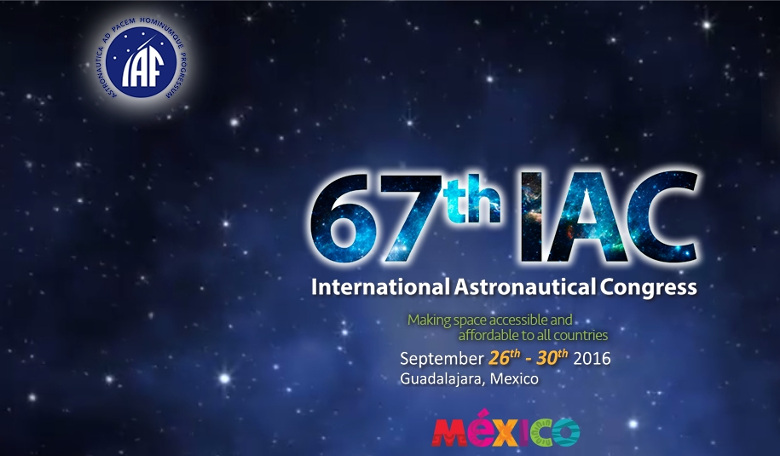The 67th International Astronautical Congress will hold a special session on Mars Sample Return
Mars Sample Return has been on the minds of the international science community for many years. Though multiple scenarios of international partnerships and robotic missions have been proposed, the cost of the MSR mission remains high. A special session, to be held during the 67th AIC in Guadalajara on Thursday, September 29, 2016, from 08:30 to 09:30 am, will discuss the possibility of human and robotic collaboration on the Mars Sample Return mission.
In light of NASA's planned Journey to Mars mission and crewed missions to the Moon, new opportunities may arise that would facilitate sample retrieval from the Red planet. Would it be possible to deliver samples robotically close enough to the Moon to have astronauts retrieve them for delivery back to Earth? Human exploration of the lunar vicinity would open up new possibilities not only for lunar discoveries but for potential Mars missions as well.
The International Astronautical Congress-2016 plenary on the Mars Sample Return mission will be moderated by Ms. Cheryl Reed, Program Manager, Johns Hopkins University Applied Physics Laboratory (APL). Many high-level speakers are expected to attend, including: Dr. Ellen Stofan, Chief Scientist, NASA, Mr. David Parker, Director of Human Spaceflight and Robotic Exploration, ESA, Mr. Charles Whetsel, Manager of Mars Program Formulation Office, NASA JPL, Mr. Masaki Fujimoto, Director, Department of Solar Systems Sciences, JAXA, and Dr. Jean-Pierre Bibring, Astrophysicist.
Further information is available at
www.iafastro.org












